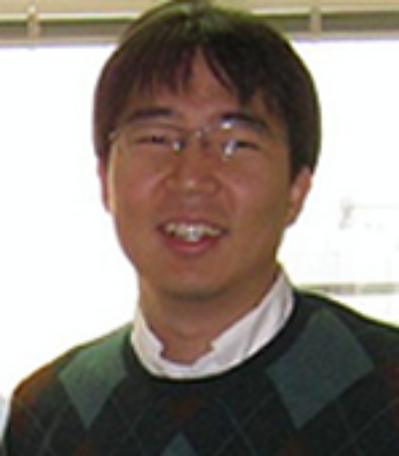
When I lost interest in small talk, I changed the topic to the history of Insa-dong. He knows much more about the town than I do. He settled down there the year South Korea hosted the Olympics; so he has observed how Insa-dong has transformed in all the years of its up-and-downs: the ‘88 Seoul Olympics, the IMF crisis, the 2002 World Cup, and so on. I asked him, “Do you know what happened to the coffee shop of the poet Chun Sang-pyong?” He answered me bluntly, “Of course, I know. His wife used to be a great friend of mine.” Well, it is no wonder that everyone knows everyone in a small town. “Their son tried to save the shop, but the shop was closed after all, you know,” he shrugged. “They couldn’t afford to pay the escalating rent,” he kindly explained to me. So, I wanted to impress him by showing my own love to the town, saying “Yes, I remember the shop like it was yesterday.” A simple reply came back to me again, “Who can keep their shop here by selling cups of coffee now?”
On my way back to Ewha, I tried to remind myself of Insa-dong which I saw 18 years ago. Surprisingly, I couldn’t remember any single place in old Insa-dong except the same cold breeze and sunlight. It made me feel sad, but at the same time, I decided to accept the fact that Insa-dong itself is aging with all of us. Surely, rising rents are pushing small and independent shops out of the busy street. We can only hope that developers make the right decisions; what else can we do to keep our small treasures?
When I arrived at Ewha, I was relieved to see that my favorite bakery, diners and coffee shops were still there and open. Instead of lamenting the loss of old shops, why don’t we make our own Insa-dong in a new place, right here near Ewha?
The “local” cannot be duplicated. At Princeton, New Jersey, where I studied for my graduate education, there is a local coffee place called “Small World.” Princeton University students and faculty and townspeople all love this place because it only exists in Princeton. Some townspeople proudly say that they, once in a while, drink coffee right next to Nobel-prize winners.
These days, South Korean society worries about the crisis of small businesses. The first step to improving the situation is to enjoy the “local.” Someday, we may also say with pride to our friends, “Come to Ewha, and you can enjoy our “local” coffee and cakes near our campus. You cannot enjoy the same atmosphere anywhere else.” The poet Chun Sang-pyong said in his poem Back to Heaven, “At the end of my outing to this beautiful world, I’ll go back and say: it was beautiful.” I hope we can also say, “At the end of my school day, I’ll leave and say: my campus town was beautiful.” To be sure, many shops are closed, but there still remain many next to where we stand now.
*Professor Ro Sang-ho received his Ph.D degree from Princeton University and he is now teaching Korean culture and history at Department of Korean Studies in Ewha Womans University.
Professor Ro Sang-ho
evoice@ewha.ac.kr

